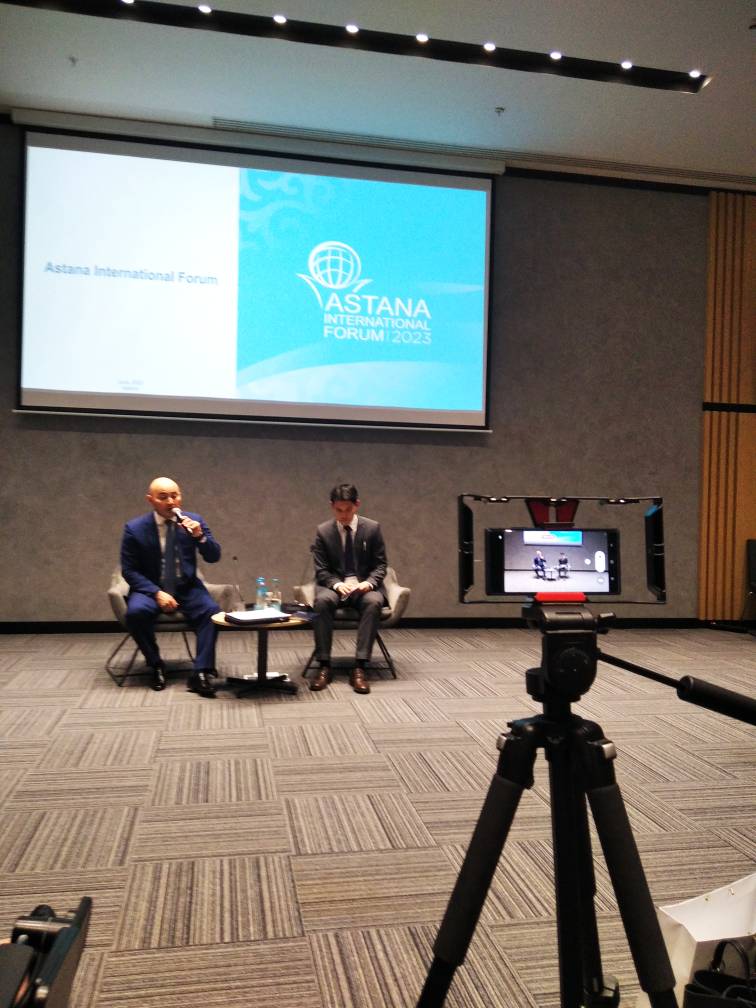
The Astana International Forum (AIF) that was held on 8-9 June 2023 was successfully concluded last week. At the Forum, heads of state, ministers, diplomats, and experts from different countries discussed different aspects of foreign policy and international security; international development and sustainability; energy and climate change; and economy and finance. While the UN Secretary-General Antonio Guterres sent a video message, the Director-General of the World Trade Organization (WTO) Dr. Ngozi Okonjo-Iweala addressed online to the participants of the event.
A large number of international correspondents were also among the invitees of the Forum. More than fifty journalists from geographically and politically diverse countries ranging from Mexico to Japan; South Africa to Romania; Lithuania to Iran, and Canada to Mongolia followed the Forum.[1] A day before the opening of the Forum, on 7 June, a program including a visit to Astana Finance Days and meetings with the Minister of National Economy of Kazakhstan Alibek Kuantyrov and the Deputy Minister of Foreign Affairs of Kazakhstan Roman Vassilenko was organized for these journalists. In their remarks, both Minister Kuantyrov and Deputy Minister Vassilenko provided important clues about Kazakhstan's economic and foreign policy outlooks. This article presents the takeaways from the meeting with Minister Kuantyrov. It will be followed by another article on the meeting with Deputy Minister Vassilenko.
Kazakhstan as an Aspirant Destination for Foreign Investment
By providing figures and specific examples, Minister Kuantyrov paid special attention to underscoring investment opportunities in Kazakhstan for foreign investors. Kuantyrov’s diligence to expound investment opportunities in Kazakhstan was a reflection of the objective of Astana to render the country an economic hub in Central Asia.
The Negative Impacts of the Ukraine-Russia War
One of the topics that arose at the meeting was the impact of the Ukraine-Russia war and the anti-Russia Western sanctions on the Kazakh economy, including the secondary sanctions. Kuantyrov openly spoke of the negative impacts of the war in this regard. He underlined that the landlocked position of the country was an additional factor that amplified these negative impacts.
Overcoming the Disadvantages of Being Landlocked
Kuantyrov elucidated that Kazakhstan strives to overcome the disadvantages of being a landlocked country by taking strategic steps. Upon a question, he said Astana is interested in buying the Batumi Port in Georgia and another port in Southeast China, revealing Astana’s aspiration to open itself to the seas. Minister also underscored that Kazakhstan attaches importance to the development of the Trans-Caspian International Transport Route -the Middle Corridor - for the same reason. It can be seen that Kazakh policymakers project that the Middle Corridor, while helping Kazakhstan to better connect with world markets and economic centers, will also serve the country to become a transit and trade hub in Eurasia.
Complementarity, not Exclusivism
Answering a question, Kuantyrov said that the Middle Corridor and the Belt and Road Initiative (BRI) are not mutually exclusive projects, but rather complementary ones, the former being the local/regional and the latter being the global one, adding that the Middle Corridor is a logical part of the BRI. Likewise, Kuantyrov explained that the Middle Corridor is not a rival to the Northern Corridor passing through Russia, and the Southern Corridor passing through Iran. He said that these three routes, while competing with each other, indeed, complete one another on the East-West direction. These explanations of Kuantyrov were an expression of the Kazakh approach of, what can be labeled as, complementarity, as opposed to exclusivism.
Pragmatism, Neutrality, and Openness to Doing Business with Everyone
This approach is based on the outlook of situating Kazakhstan as a pragmatic and neutral actor on the global stage and as a nonparty to the rivalries between great powers. Such an outlook is also necessary to pursue a complementary policy. Kuantyrov's references to the importance of the EU as a strategic partner while reminding Kazakhstan's membership in the Russia-led Eurasian Economic Union (EAEU) – significantly, without forgetting to emphasize that the EAEU is just an economic platform (and nothing of a political kind) - was a clear representation of the Kazakh stance in this regard. Upon a question, Kuantyrov stated that though not on the Kazakh foreign policy agenda, establishing relations with the BRICS might provide Kazakhstan with serious advantages, an answer that could be read as Astana's openness to working with different actors on pragmatic grounds. Likewise, the Minister also mentioned that the Organization of Turkic States could also increase the possibilities of attracting foreign investment to the country and running mutually beneficial economic and trade relations with the member states.
…
Overall, from the words of the Minister of National Economy Alibek Kuantyrov, it could be understood that Astana has set sights on economic progress by availing Kazakhstan as a transit and trade hub and an economic center in Central Asia. It could also be seen that Astana understands the challenges, but also the opportunities ahead. To overcome the challenges and capitalize on the opportunities it has chosen a fairly pragmatic outlook based on the idea of multivector cooperation with willing actors. To do that, Astana has opted for a position of neutrality, which, indeed, increases its chances of building economic and trade ties with different partners, who may have diverse, even contradictory geopolitical positions and objectives with each other.
[1] The author of this article, AVİM Senior Analyst Dr. Turgut Kerem Tuncel, was also among these journalists.
© 2009-2025 Center for Eurasian Studies (AVİM) All Rights Reserved
No comments yet.
-
 ARMEN SARKISSIAN’S PRESIDENCY AND THE QUESTIONS ON ETHICS AND POLITICAL CULTURE IN ARMENIA
ARMEN SARKISSIAN’S PRESIDENCY AND THE QUESTIONS ON ETHICS AND POLITICAL CULTURE IN ARMENIA
Turgut Kerem TUNCEL 12.04.2018 -
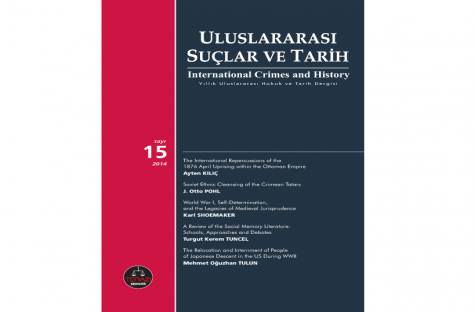 CALL FOR PAPERS - INTERNATIONAL CRIMES AND HISTORY SPECIAL ISSUE: CRIMEAN TATARS UNDER RUSSIAN IMPERIAL AND SOVIET RULES
CALL FOR PAPERS - INTERNATIONAL CRIMES AND HISTORY SPECIAL ISSUE: CRIMEAN TATARS UNDER RUSSIAN IMPERIAL AND SOVIET RULES
Turgut Kerem TUNCEL 08.08.2015 -
 “YET ANOTHER DECISION AGAINST ARMENIA ON NAGORNO-KARABAKH” – COMMENTARY PUBLISHED IN HURRIYET DAILY
“YET ANOTHER DECISION AGAINST ARMENIA ON NAGORNO-KARABAKH” – COMMENTARY PUBLISHED IN HURRIYET DAILY
Turgut Kerem TUNCEL 18.11.2015 -
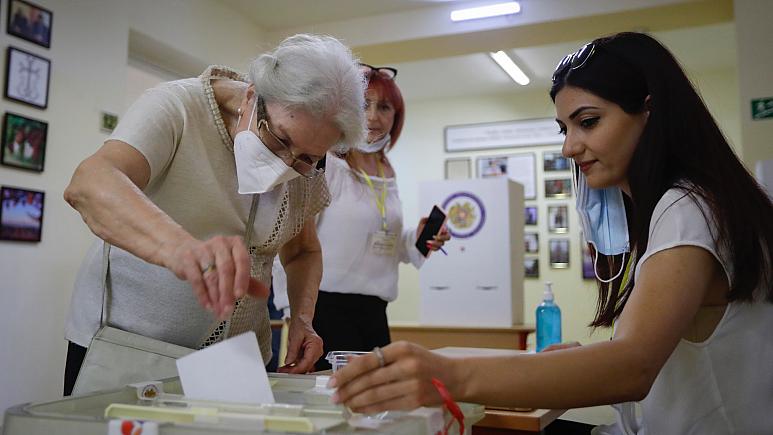 THE 20 JUNE 2021 SNAP PARLIAMENTARY ELECTIONS IN ARMENIA - I: THE SOCIO-POLITICAL LANDSCAPE IN ARMENIA
THE 20 JUNE 2021 SNAP PARLIAMENTARY ELECTIONS IN ARMENIA - I: THE SOCIO-POLITICAL LANDSCAPE IN ARMENIA
Turgut Kerem TUNCEL 24.06.2021 -
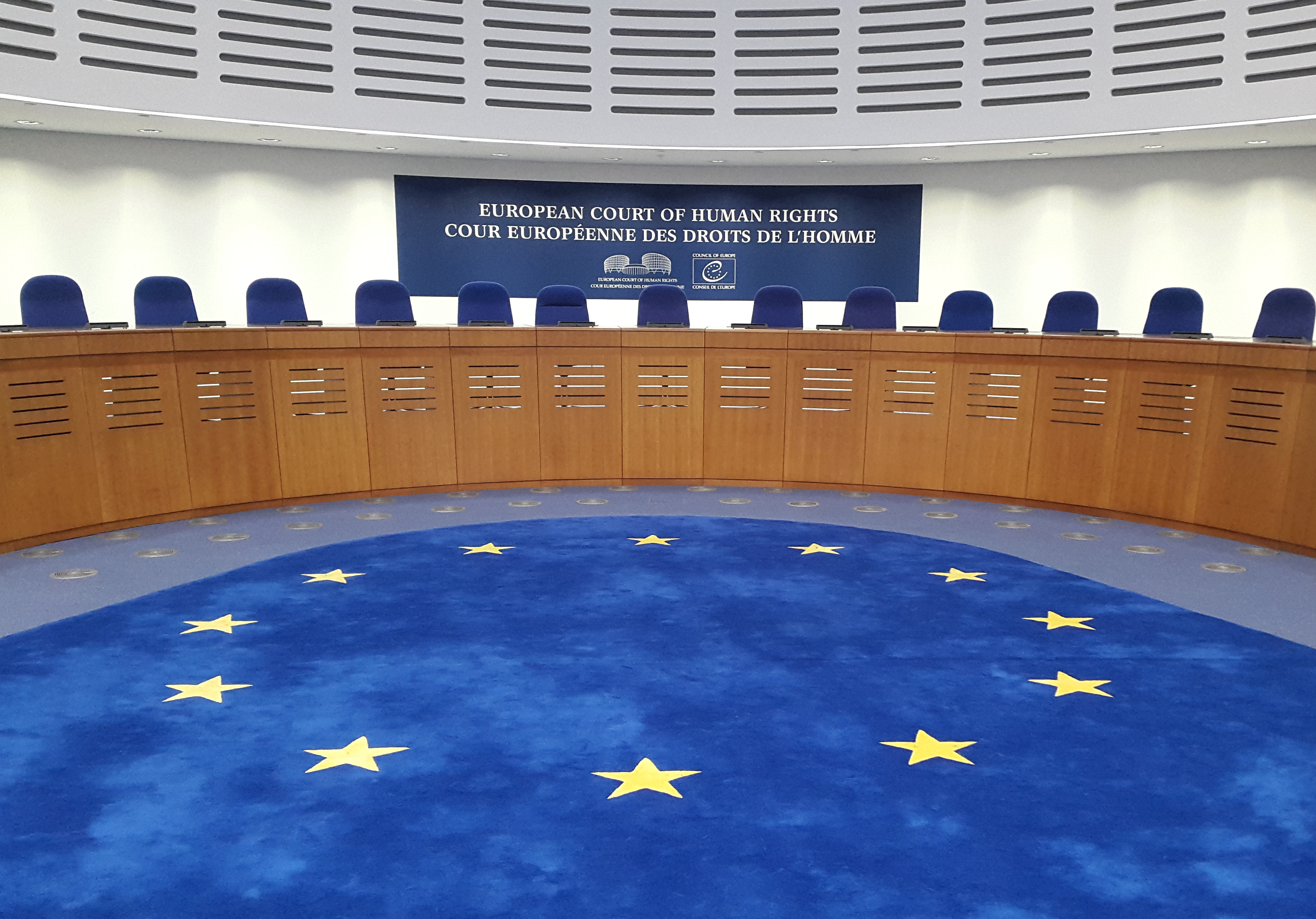 THE ECTHR’S 21 JANUARY 2021 JUDGEMENT ON THE CASE OF GEORGIA v. RUSSIA (II)
THE ECTHR’S 21 JANUARY 2021 JUDGEMENT ON THE CASE OF GEORGIA v. RUSSIA (II)
Turgut Kerem TUNCEL 25.01.2021
-
THE PROTOCOLS SIGNED WITH ARMENIA
Alev KILIÇ 22.10.2012 -
NUMBER OF ARMENIANS IN THE US
Ömer Engin LÜTEM 23.03.2010 -
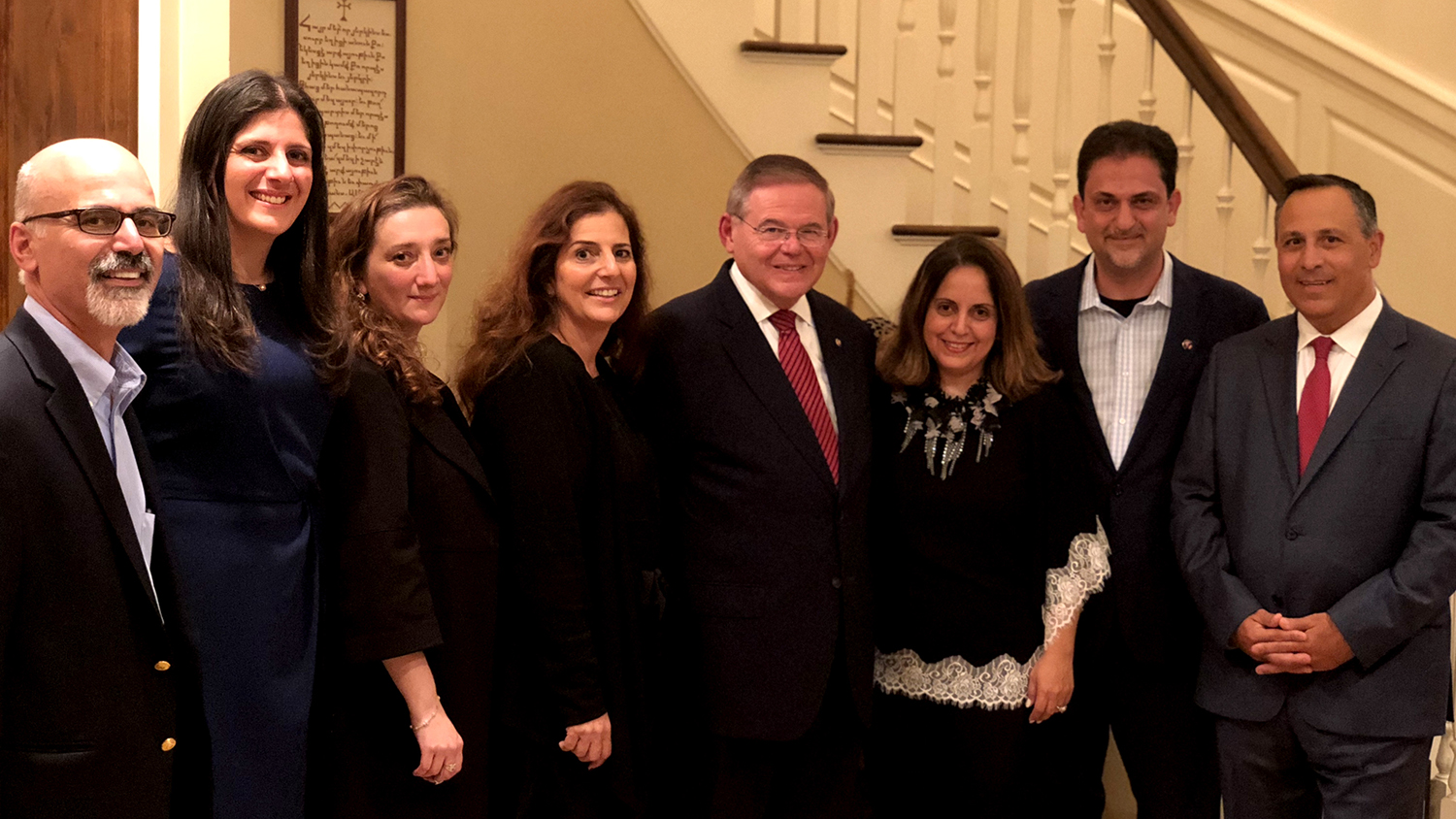 THE NEW US CONGRESS WILL BE UNDER ARMENIAN INFLUENCE
THE NEW US CONGRESS WILL BE UNDER ARMENIAN INFLUENCE
AVİM 19.02.2021 -
COURT VERDICTS AGAINST ARMENIANS ARE BECOMING THE RULE
Alev KILIÇ 05.05.2014 -
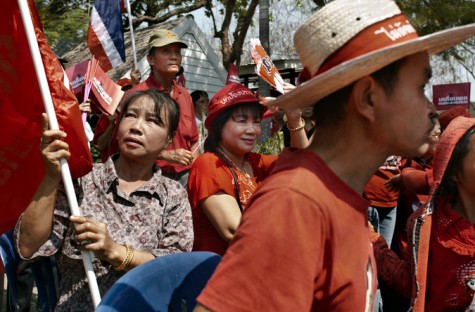 THAILAND’S POLITICAL TENSIONS ARE REKINDLING ETHNIC AND REGIONAL DIVISIONS
THAILAND’S POLITICAL TENSIONS ARE REKINDLING ETHNIC AND REGIONAL DIVISIONS
Hande Apakan 13.04.2014
-
25.01.2016
THE ARMENIAN QUESTION - BASIC KNOWLEDGE AND DOCUMENTATION -
12.06.2024
THE TRUTH WILL OUT -
27.03.2023
RADİKAL ERMENİ UNSURLARCA GERÇEKLEŞTİRİLEN MEZALİMLER VE VANDALİZM -
17.03.2023
PATRIOTISM PERVERTED -
23.02.2023
MEN ARE LIKE THAT -
03.02.2023
BAKÜ-TİFLİS-CEYHAN BORU HATTININ YAŞANAN TARİHİ -
16.12.2022
INTERNATIONAL SCHOLARS ON THE EVENTS OF 1915 -
07.12.2022
FAKE PHOTOS AND THE ARMENIAN PROPAGANDA -
07.12.2022
ERMENİ PROPAGANDASI VE SAHTE RESİMLER -
01.01.2022
A Letter From Japan - Strategically Mum: The Silence of the Armenians -
01.01.2022
Japonya'dan Bir Mektup - Stratejik Suskunluk: Ermenilerin Sessizliği -
03.06.2020
Anastas Mikoyan: Confessions of an Armenian Bolshevik -
08.04.2020
Sovyet Sonrası Ukrayna’da Devlet, Toplum ve Siyaset - Değişen Dinamikler, Dönüşen Kimlikler -
12.06.2018
Ermeni Sorunuyla İlgili İngiliz Belgeleri (1912-1923) - British Documents on Armenian Question (1912-1923) -
02.12.2016
Turkish-Russian Academics: A Historical Study on the Caucasus -
01.07.2016
Gürcistan'daki Müslüman Topluluklar: Azınlık Hakları, Kimlik, Siyaset -
10.03.2016
Armenian Diaspora: Diaspora, State and the Imagination of the Republic of Armenia -
24.01.2016
ERMENİ SORUNU - TEMEL BİLGİ VE BELGELER (2. BASKI)
-
AVİM Conference Hall 24.01.2023
CONFERENCE TITLED “HUNGARY’S PERSPECTIVES ON THE TURKIC WORLD"









